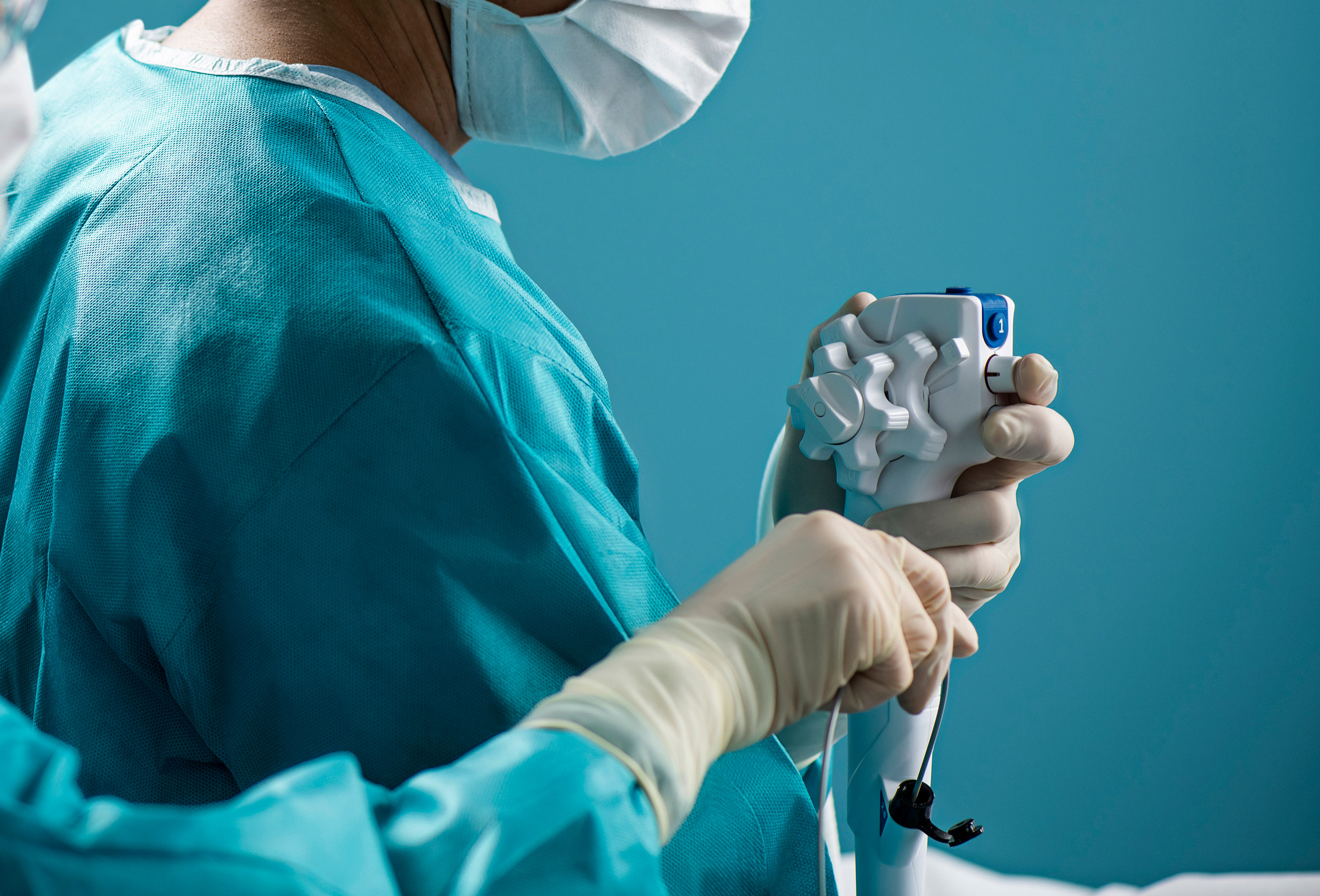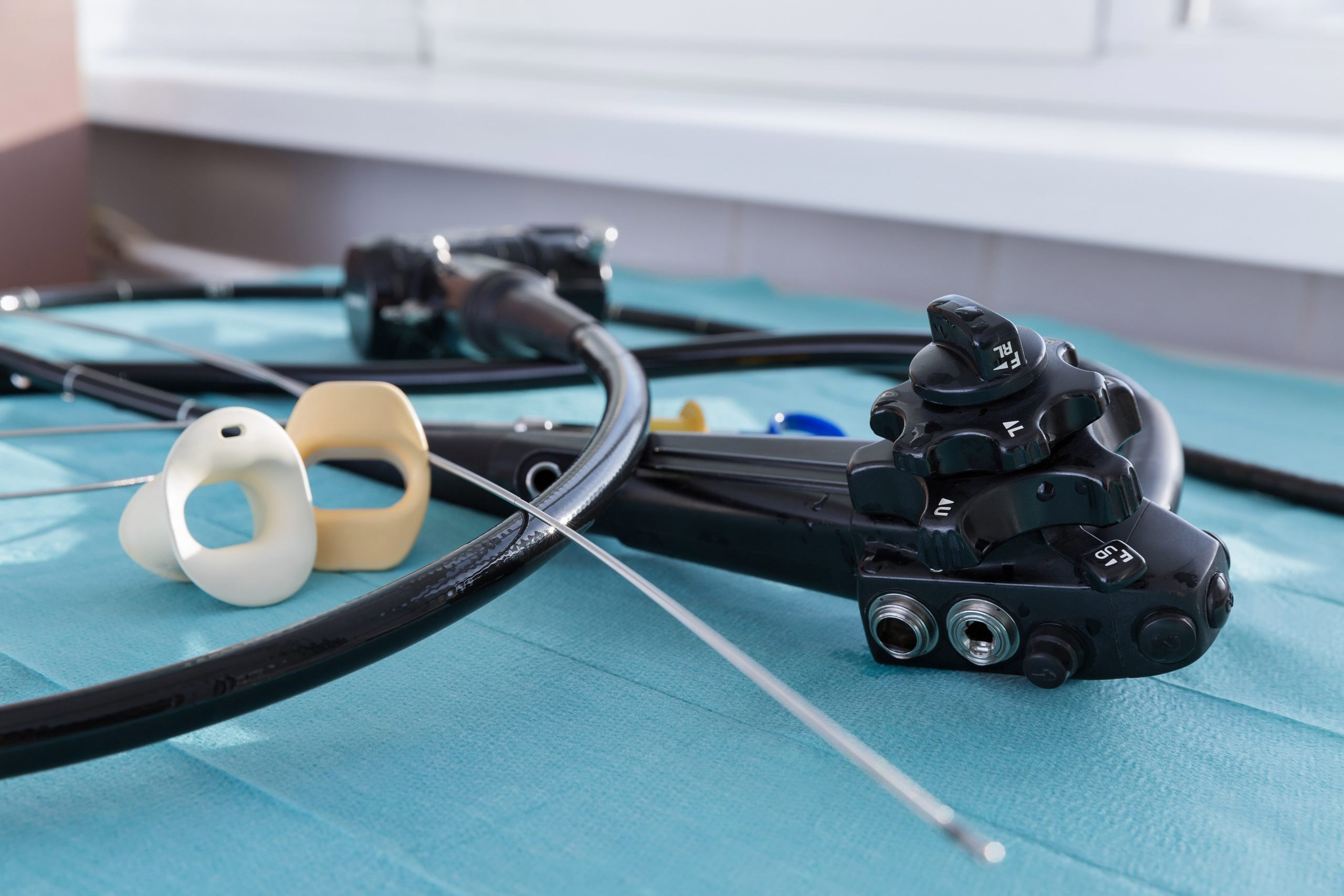
Time — a scarce resource in healthcare these days — is considered by many to be key to implementing the newest wave of sterile processing guidance, created to improve practices and enhance patient safety.
AAMI released its updated ANSI/AAMI ST91 2021 Flexible and Semi-Rigid Endoscope Processing in Healthcare Facilities guidance in March 2022 and changed the sterile processing path forward. AORN also released an updated guideline for processing flexible endoscopes in September 2022.
“AAMI ST91 is going to cost healthcare institutions more money and take more time to process scopes because reprocessed endoscopes require proper handling from point of use, through all cleaning steps, and on to transport for use,” Sharon Ward-Fore, an infection prevention advisor at Envista, told Healthcare Purchasing News (HPN) in a recent interview.
Endoscope reprocessing is a complicated process with 50 to 100 steps known to take about 76 minutes of hands-on staff time to complete — and that was before the updated guidance. It will now take even longer to successfully complete that complex series of steps.
Bryan Potratz, a certified flexible endoscope reprocessor, shared the math on adding borescope inspection to his existing workload in a recent HPN interview.
“We currently process 12 scopes at 30 minutes per case for a total of six hours,” said Potratz who serves two small hospitals in Wyoming. “Now, add an additional amount of time to borescope between each case, and suddenly getting done with 12 scopes in eight hours becomes an issue.”
Mary Ann Drosnock, director of clinical affairs at Healthmark Industries, calls ST91 — which she helped craft — a replacement rather than an update.
“It’s definitely going to cost more money to process scopes and it's definitely going to take more time when you're following this new standard, but we have to make sure we're doing everything for our patients,” Drosnock said in a Beyond Clean podcast. “We still see tons of reports of infections related to these devices, so we know we have to do a better job with reprocessing.”
Facilities are likely to need additional time for leak testing, drying and cleaning verification. They also may need more time between procedures to account for longer reprocessing requirements, experts say.
Kelly Swails, a clinical business manager with Censis Technologies, said time challenges of the new guidance can make a strong hiring case. If you can only process 25 scopes per day, given new recommended drying times and cleaning verification, when you used to process 30, you can use that data to argue for additional staff, she said in an HPN interview.
Still. even after reprocessing, there is no guarantee that reusable endoscopes are truly patient-ready. Single-use endoscopes eliminate the need for reprocessing and repairs.
“Infections by cross-contamination are rare, but patients are aware they are possible and have begun requesting single-use devices,” Ward-Fore, the infection prevention advisor, said.


